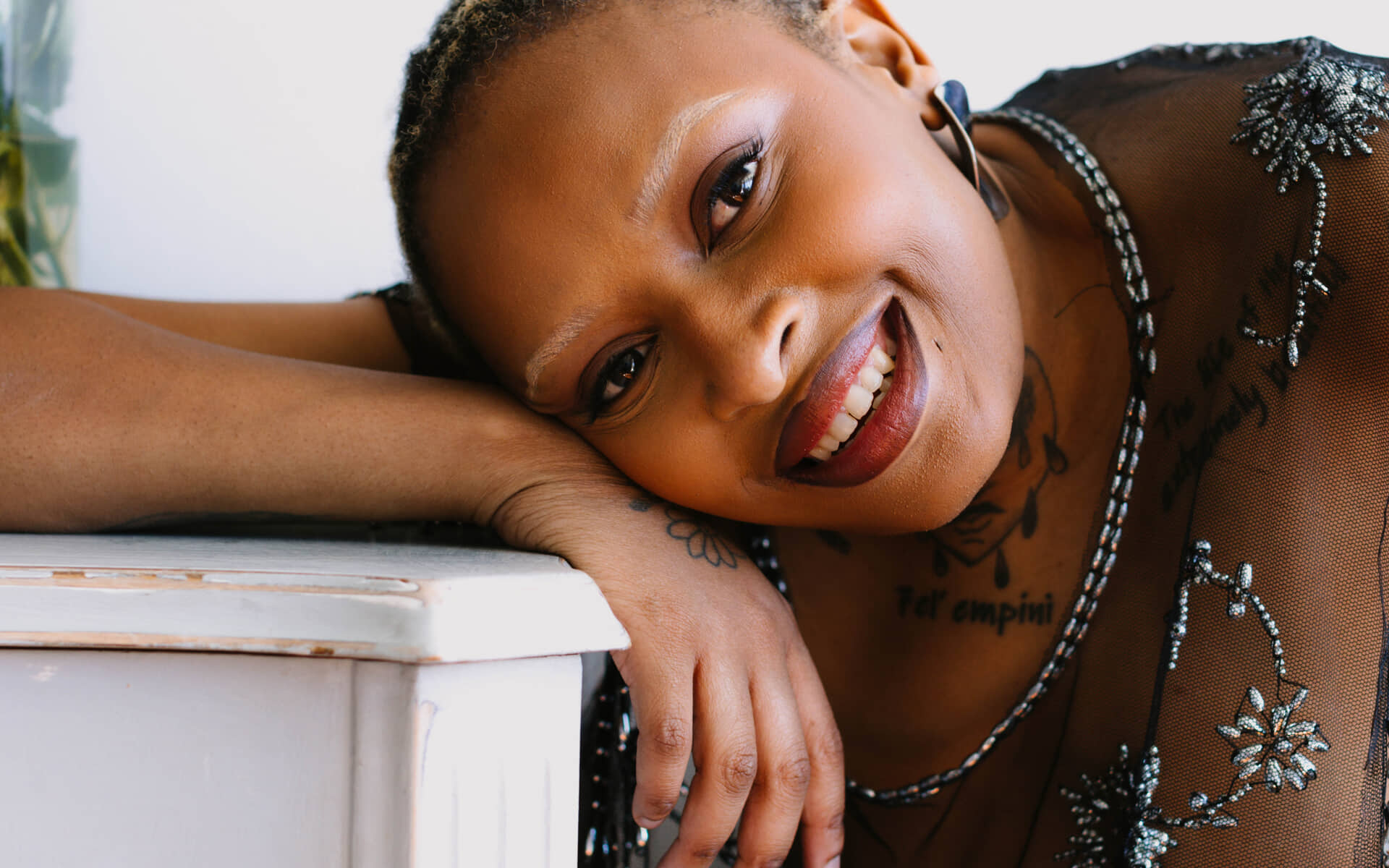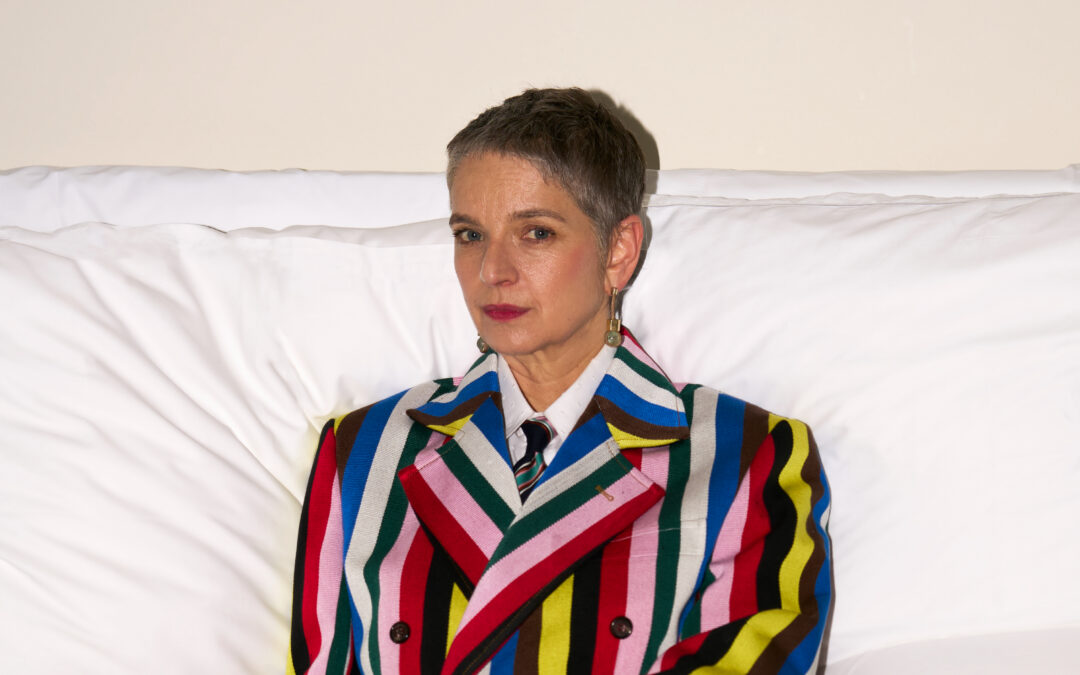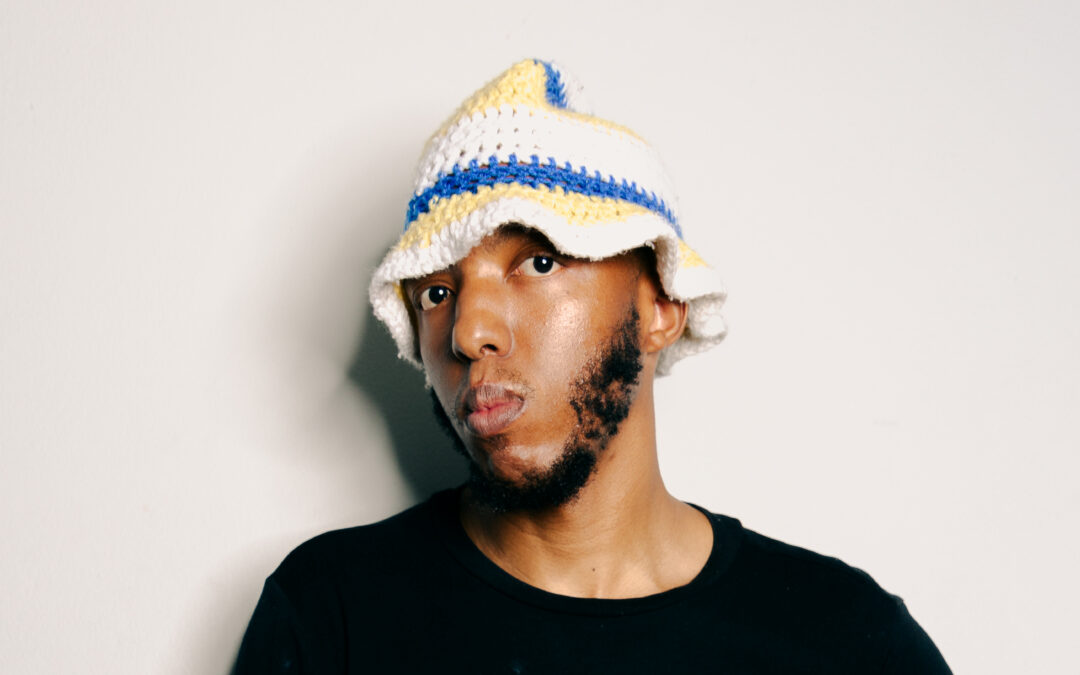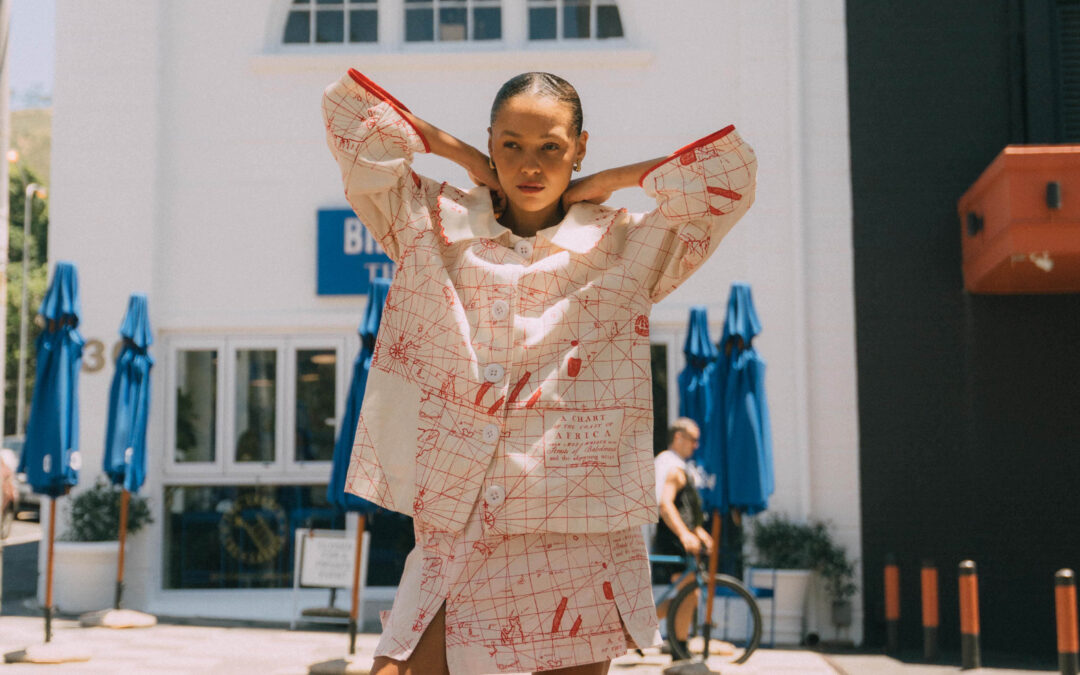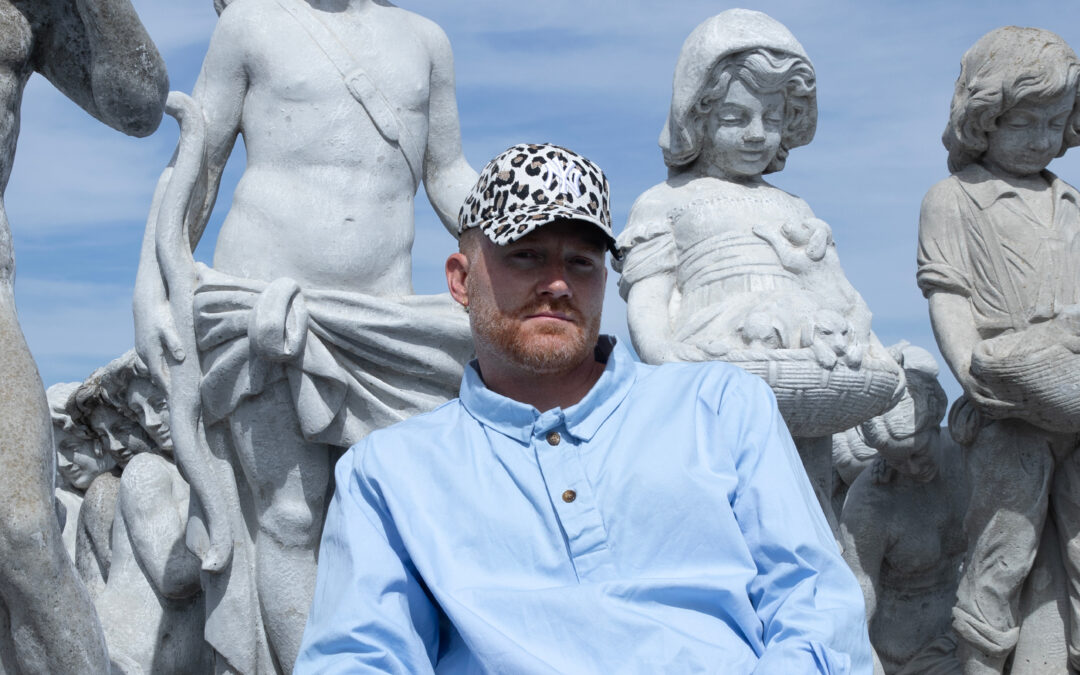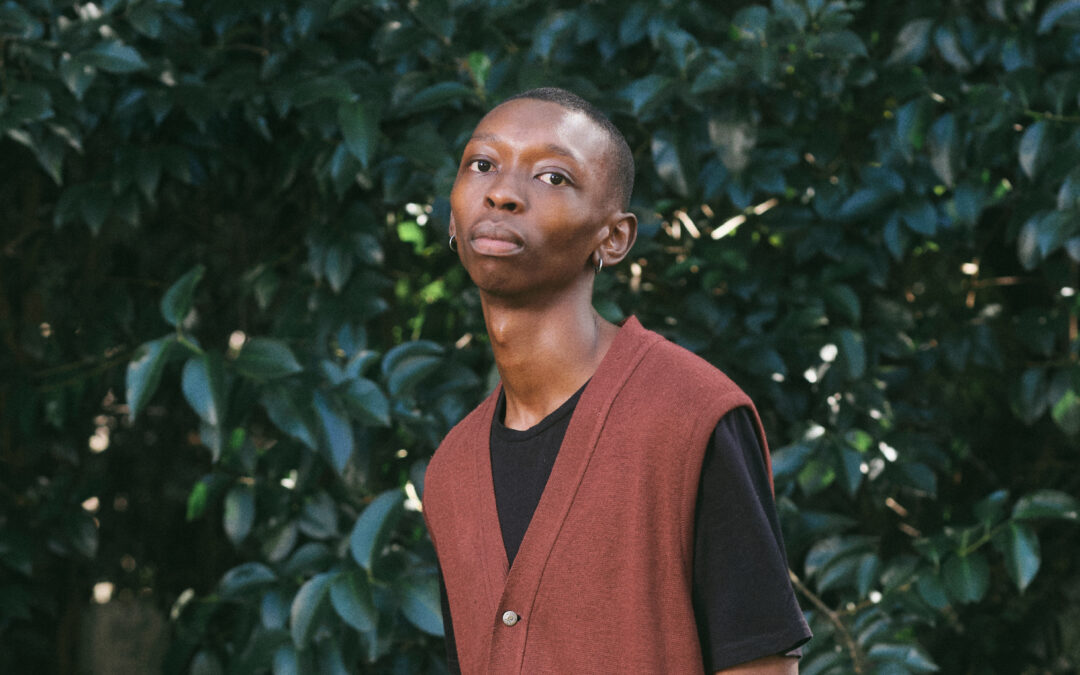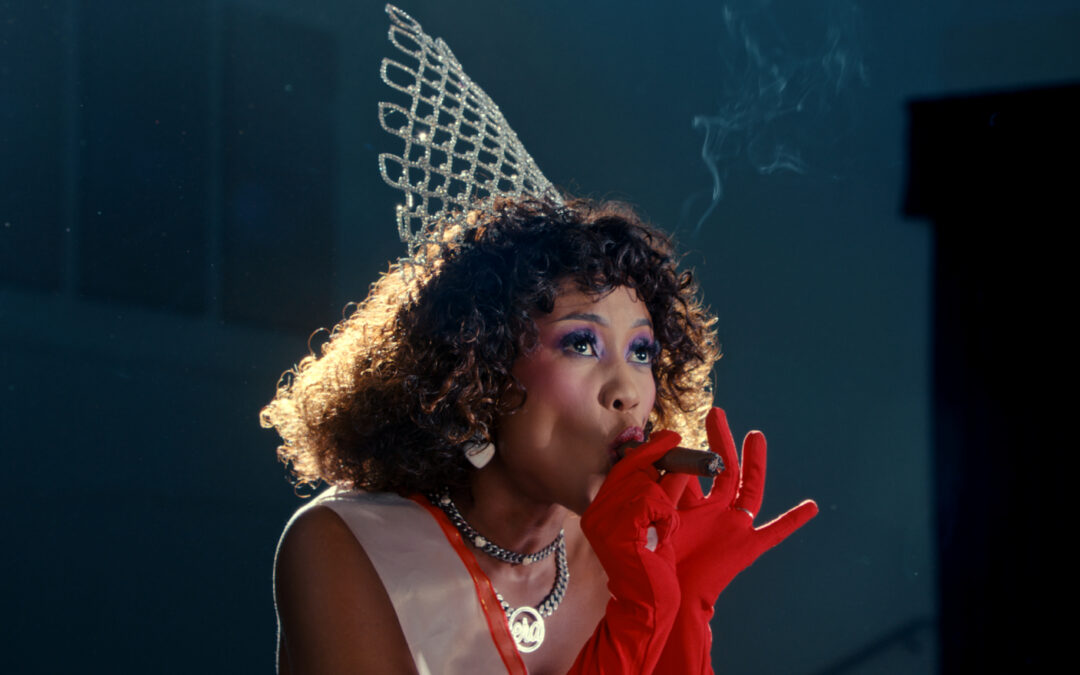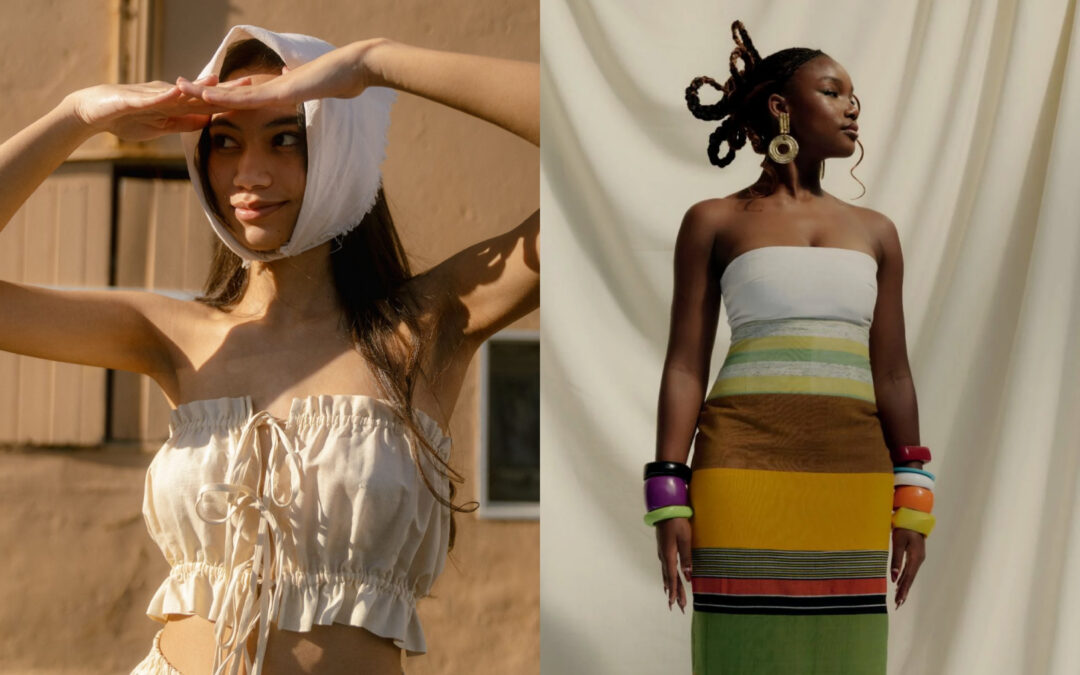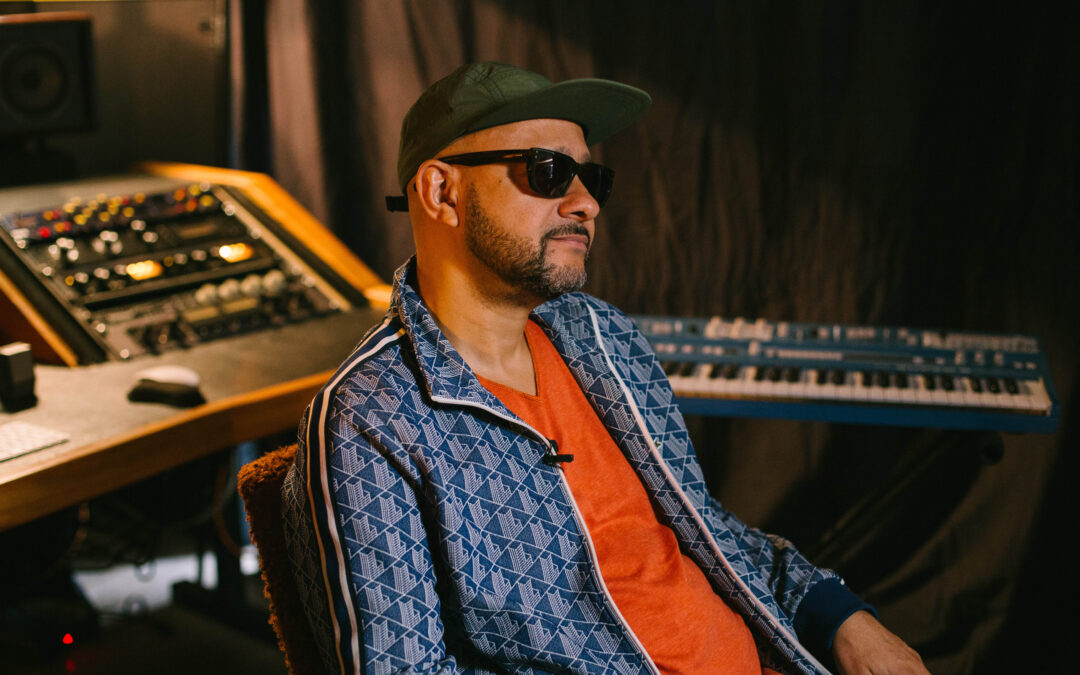When Thobeka Mbane speaks, you listen. An African Fashion cultural strategist, curator and stylist, her work resists the binaries of past and present, tradition and futurism; instead, it is rooted in something more elemental: the power of clothing to carry memory and change.
Thobeka has styled some of the continent’s most dynamic talents, with a firm focus on identity and intention suffused with every look. With each collaboration or editorial, Thobeka’s approach is always contextual. From Miss Universe Zozibini Tunzi, to musician Sho Madjozi, Thobeka is as much a go-to curator for the stars, as she is an ardent proliferator of Africa’s sartorial and intellectual spirit. Whether it was the styling that shaped visuals for Black Coffee, or curating a campaign for Elsa Majimbo’s collaboration with Maison Valentino; Thobeka is a master of cultural depth and storytelling—harnessing fashion into a medium for visibility, empowerment, and African excellence. Every detail traced in Thobeka’s decade-long and counting body of work reflects her expansive vision and nuanced approach to representation.
“Growing up in South Africa, I was always fascinated by the power of fashion to tell stories and express identity,” Thobeka tells me. “It’s almost like you can tell a person’s background through what they’re wearing, so I found that as an expression. As a creative with a physical disability, I found that fashion allowed me to express myself in ways that felt freeing and empowering. My journey into styling began with a passion for photography and a desire to bring people together through art. Over time, this evolved into a broader practice of cultural strategy and fashion curation, as I aim to amplify marginalised voices and challenge dominant narratives.”
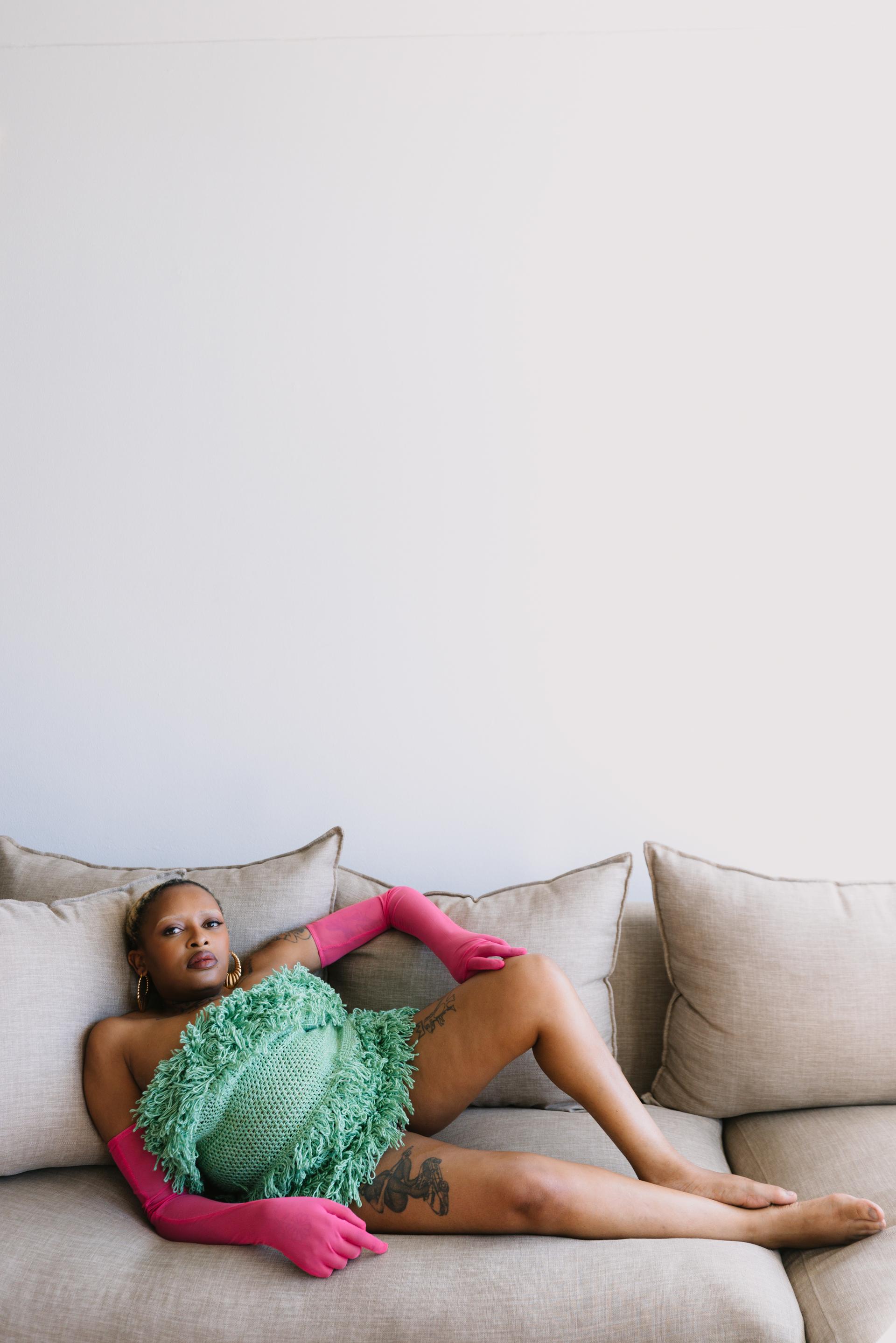
Photography by Dan Carter
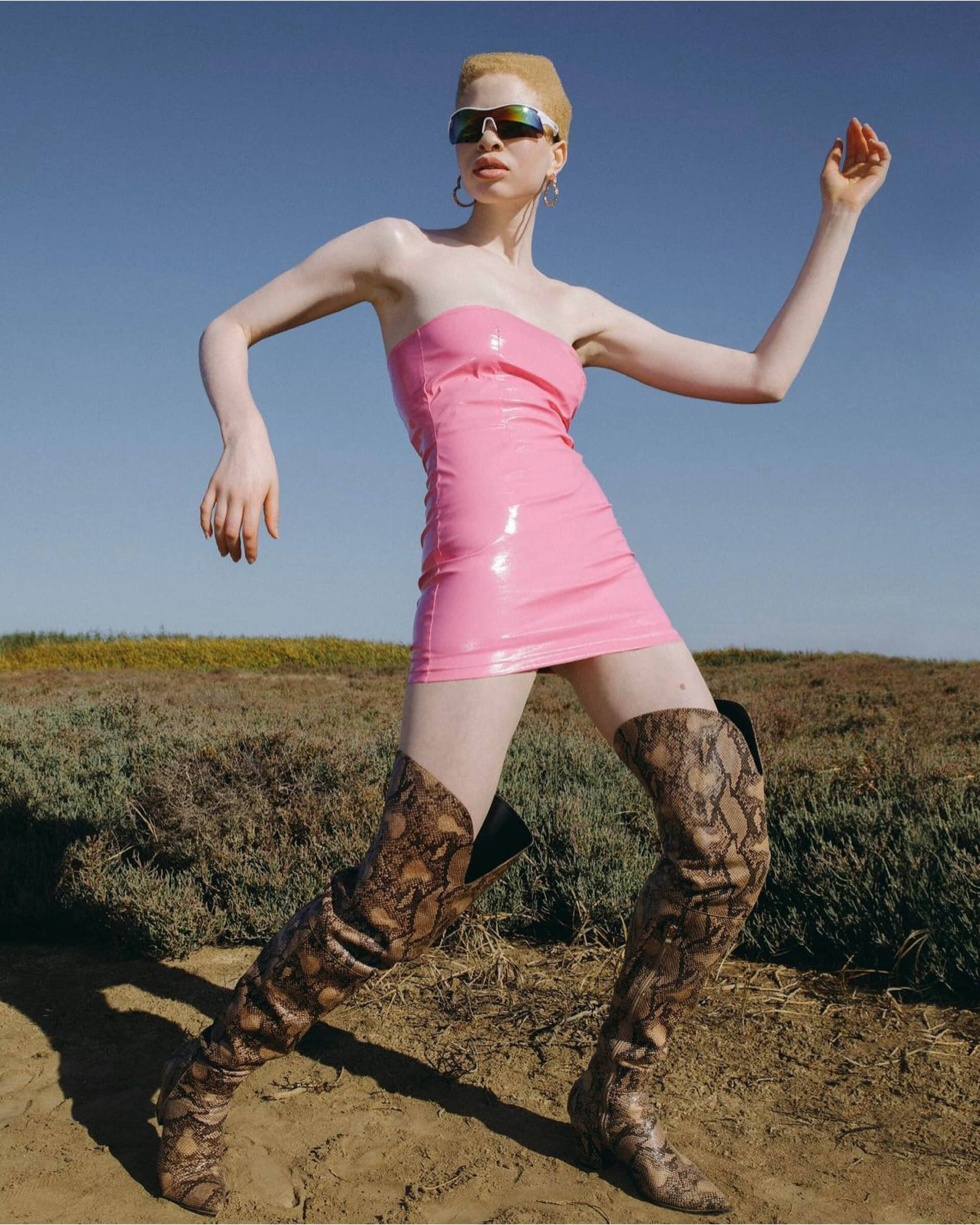
Imagery courtesy of Thobeka Mbane
Thobeka’s work is driven by the politics of representation, a practice that’s less about surface-level diversity and more about the deep, necessary work of reimagining who gets to be seen—and how. “As a stylist, my work is guided by a commitment to representation and inclusivity,” she says, and “I aim to challenge prevailing narratives and highlight underrepresented voices. When creating visual content, I consider the impact on our understanding of identity, culture, and history. My focus is on showcasing diverse stories, particularly those of Black women, queer individuals, and trans women, and collaborating with models and creatives who reflect the richness of African and LGBTQ+ experiences.”
Thobeka speaks with the assurance of someone who has lived—and worked—through the gaps: spaces in which conventional systems or support structures were not designated for her ease or comfort. As such, Thobeka’s spirit is punk as hell, and her styling is unapologetic in its intention: to redress absence, to create presence, and to do so with beauty and pride. Thobeka’s manifesto of representation is personal, political, and deeply rooted in a desire to shift culture from the inside out.
“I believe it’s essential to honour our culture and history while pushing contemporary expression forward,” Thobeka says on honouring heritage while pushing forth toward contemporary expression, and “I navigate this balance by staying connected to my roots and exploring new ways to express African identity through fashion. This involves collaborating with emerging designers, experimenting with new materials and techniques, and engaging with global fashion trends in a way that feels authentic and relevant to African audiences.”
This simultaneous honouring and innovating is central to how Thobeka sees African fashion—less as a static aesthetic, and more as a living, breathing expression of identity that is in transient evolution. Thobeka’s Fashion (with a capital F) is a form of dialogue, and this spirit of dialogue is what led her to found The Jozi Collective, an exciting new showcase format and creative space grounded in community and built with a vision of inclusivity and collaboration. “I founded Jozi Collective to showcase and celebrate local talent in Johannesburg, providing a space for creatives to connect, share ideas, and collaborate on projects while building a community,” Thobeka notes. “The name ‘Jozi Collective’ honours Johannesburg’s reputation as a hub for opportunity and creativity, particularly for people of colour in the fashion industry. However, our community goes beyond the city, welcoming African designers and creatives who share our vision and values.”
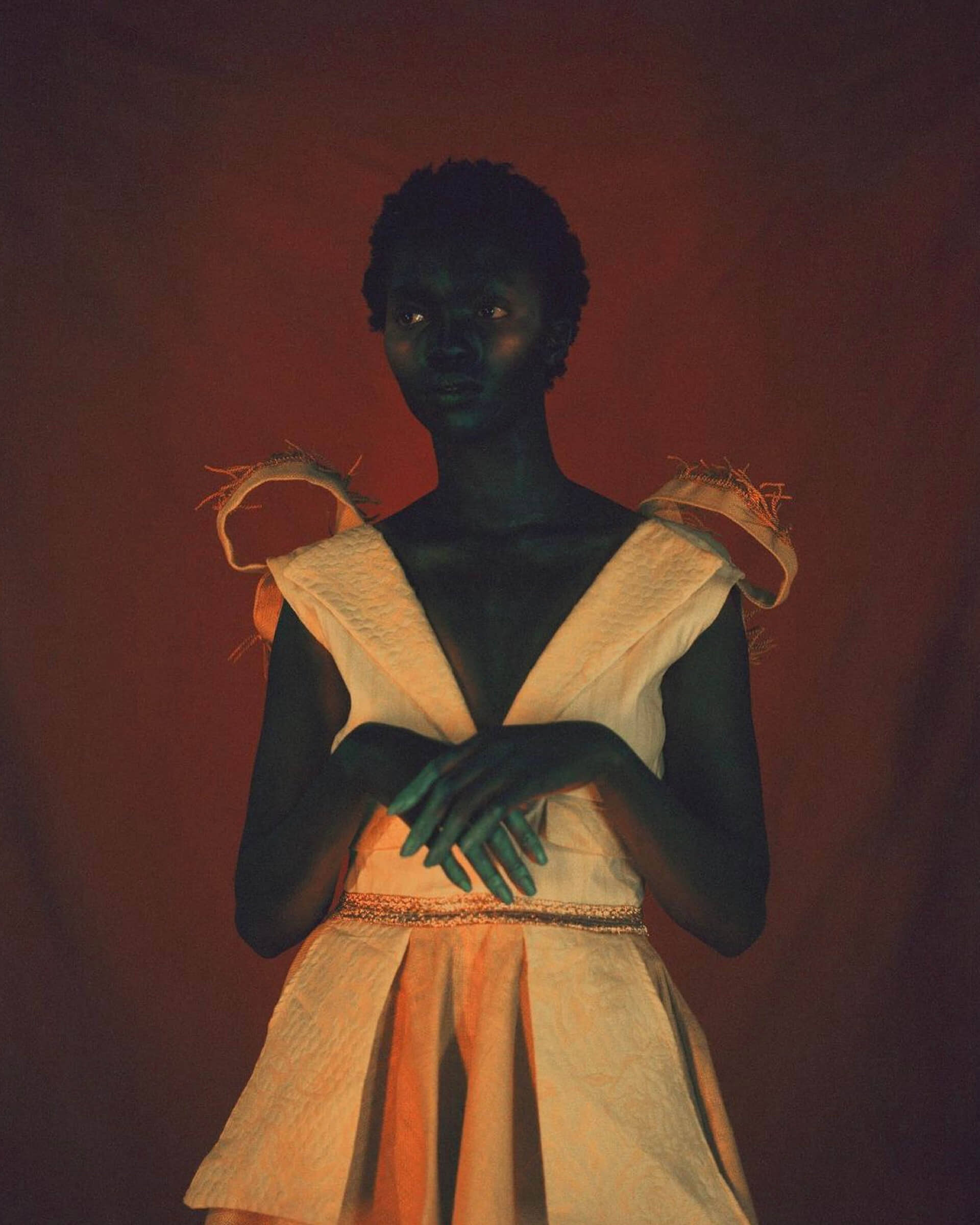
Imagery courtesy of Thobeka Mbane
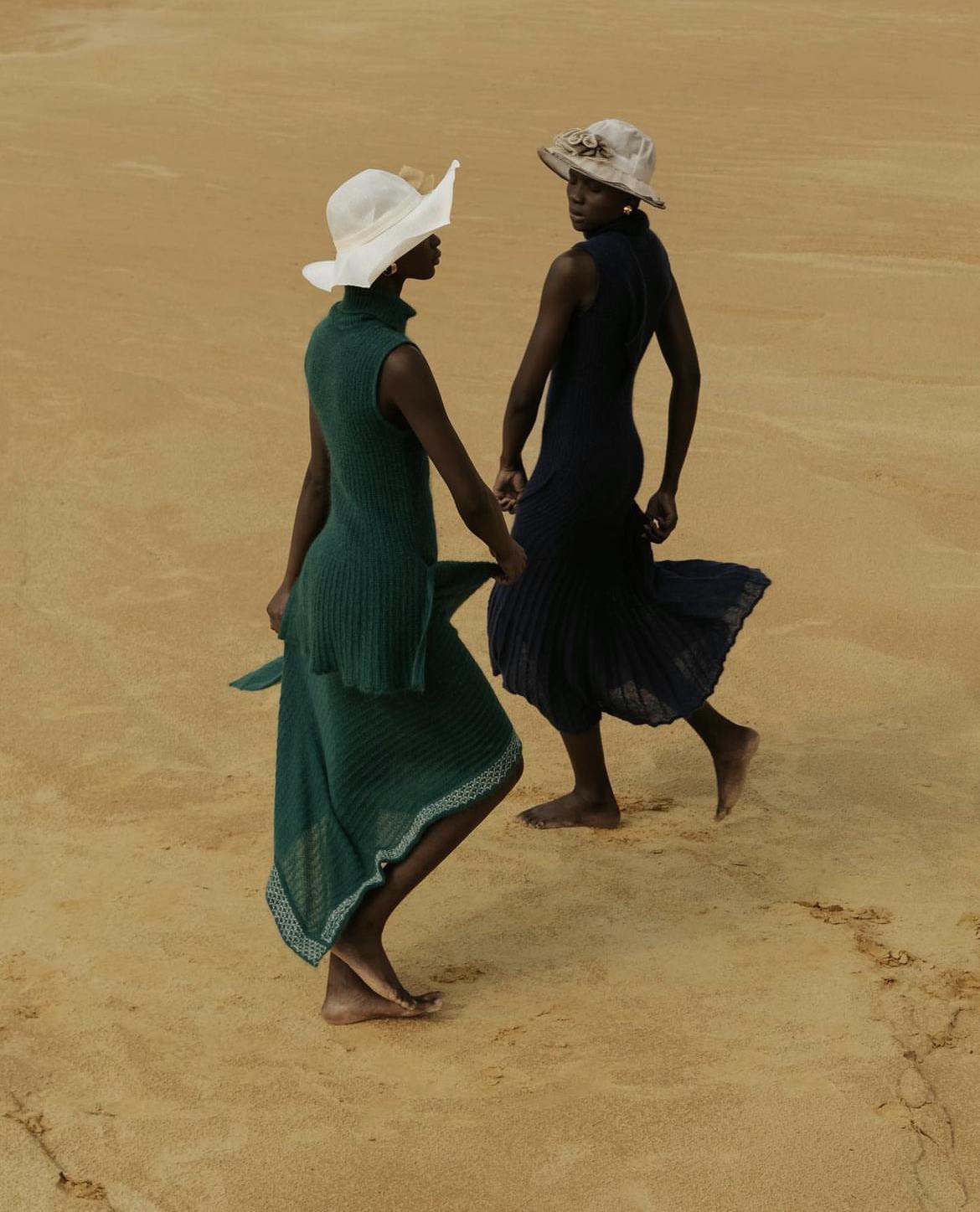
Imagery courtesy of Thobeka Mbane
“Since launching Jozi Collective, I’ve been surprised by the level of enthusiasm and support from the local creative community,” Thobeka muses. “One of my biggest learnings has been the importance of building strong relationships with collaborators and how we all need each other to make it work. This has involved being intentional about communication, setting clear expectations, and being open to feedback and growth.”
We speak intensely and consistently of the ‘African fashion Renaissance’ that we are all immersed in; it’s a cultural wave spanning some 30.37 million square kilometers that make up the surface of the continent, involving the present innovation and drive of people today; imbibed with the ancestral past, and motivated by a reimagining and reclamation of Africa beyond a falsely homogenised land for extraction and exploitation. Through fabric, form, and story, and in this layered resurgence, Thobeka’s work is equal parts memory and momentum, challenging erasure while boldly envisioning what comes next. “I believe that fashion plays a significant role in shaping collective memory and identity,” Thobeka continues. “Through the images we create, the clothes we wear, and the stories we tell, fashion has the power to influence how we understand ourselves and our place in the world. I see my work as a way to contribute to this narrative, amplifying African voices and experiences that have often been marginalised or erased.”
This attention to memory—how it’s constructed, preserved, and passed on—marks all of Thobeka’s work, from the commercial to the highly editorial. “African fashion is at a moment of great excitement and possibility,” she muses, “with the rise of global interest in African design, there’s a growing recognition of the continent’s rich cultural heritage and creative talent. As an industry, we’re seeing a shift towards more inclusive and diverse representation, with African designers and creatives taking centre stage. I believe the future of African fashion is bright, with endless opportunities for innovation, collaboration, and growth.”
Still, for Mbane, optimism is always balanced by realism—particularly when it comes to inclusion and accessibility. As a disabled creative, she has experienced the limits of the industry’s supposed openness. “As a creative person with a physical disability, I’ve experienced firsthand the challenges of navigating an industry that often prioritises able-bodiedness,” Thobeka says. “While there’s been progress in recent years, I believe there’s still much work to be done to create a truly inclusive and affirming environment for disabled creatives and audiences. I think it’s essential for the industry to prioritise accessibility, provide opportunities for disabled creatives to showcase their work, and engage in open and honest dialogue about ableism and its impact on our community.”
Visibility is not enough, as we know. It is the stepping stone to meaningful, tangible change within all the systems of our world; and in the context of fashion, inclusion indeed means systems change, too. It means addressing and acting upon structural barriers. It means understanding that accessibility should be the foundation from which all expression and participation originates.
It’s precisely this clarity—this fusion of personal experience and political vision—that makes Mbane’s work so urgent and so necessary. Thobeka is styling futures. Building networks. Giving voice to the people—and bodies—who’ve been left out for far too long.
Fashion is freedom; and a freedom that Thobeka aims to extend to us all.
Written by: Holly Beaton
For more news, visit the Connect Everything Collective homepage www.ceconline.co.za

